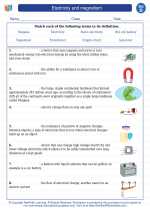Cosmic Phenomena
Cosmic phenomena refer to the various events and occurrences that take place in the universe. These phenomena can include a wide range of astronomical events, such as the formation of stars and galaxies, the behavior of black holes, the movement of planets, and the occurrence of celestial events like supernovae and solar eclipses.
Types of Cosmic Phenomena
There are many different types of cosmic phenomena. Some of the key ones include:
- Stellar Formation: The process by which stars are born from vast clouds of gas and dust.
- Galactic Collisions: When two or more galaxies interact and merge due to gravitational forces.
- Black Hole Behaviors: The study of the gravitational effects and behaviors of black holes.
- Planetary Motion: The movement and orbits of planets around stars.
- Cosmic Explosions: Events such as supernovae, which are massive explosions that occur at the end of a star's life.
- Celestial Events: Phenomena like solar eclipses, lunar eclipses, and meteor showers.
Studying Cosmic Phenomena
Studying cosmic phenomena involves the use of various scientific disciplines, including astronomy, astrophysics, and cosmology. Scientists use telescopes, satellites, and other observational tools to study these phenomena and gather data about the universe.
Key Concepts to Understand
When studying cosmic phenomena, it's important to grasp the following key concepts:
- Gravity: The force that governs the motion of celestial bodies and the formation of cosmic structures.
- Electromagnetic Spectrum: The range of wavelengths of electromagnetic radiation, including visible light, radio waves, and X-rays, used to observe cosmic phenomena.
- Cosmic Time Scales: Understanding the immense time scales involved in cosmic processes, from stellar lifecycles to the evolution of galaxies.
- Scale of the Universe: Grasping the vast distances and sizes of cosmic objects and events.
Study Guide for Cosmic Phenomena
If you're studying cosmic phenomena, here are some key topics to focus on:
- Research and describe the process of stellar formation, including the role of nebulae and protostars.
- Investigate the effects of black holes on nearby objects and the surrounding space.
- Examine the orbits and characteristics of the planets in our solar system.
- Explore the causes and effects of cosmic explosions, such as supernovae and gamma-ray bursts.
- Learn about upcoming celestial events and how to observe them, such as solar eclipses and meteor showers.
By understanding these concepts and topics, you'll gain a deeper appreciation for the incredible and awe-inspiring phenomena that occur throughout the cosmos.
.◂Science Worksheets and Study Guides Fourth Grade. Electricity and magnetism
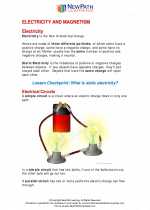
 Activity Lesson
Activity Lesson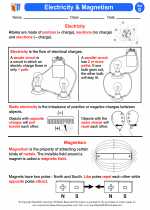
 Worksheet/Answer key
Worksheet/Answer key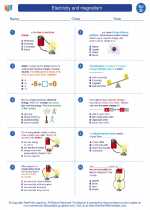
 Worksheet/Answer key
Worksheet/Answer key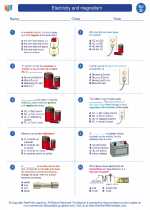
 Worksheet/Answer key
Worksheet/Answer key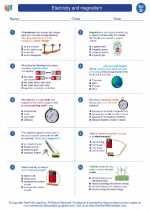
 Worksheet/Answer key
Worksheet/Answer key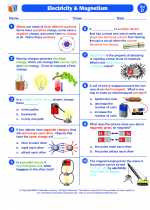
 Vocabulary/Answer key
Vocabulary/Answer key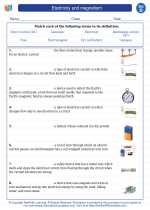
 Vocabulary/Answer key
Vocabulary/Answer key